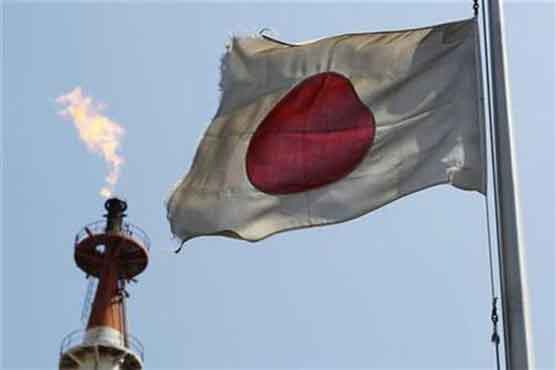Japans economy at a standstill in March

The weak pulse of Japan's economic recovery slowed again Friday.

The weak pulse of Japan's economic recovery slowed again Friday.